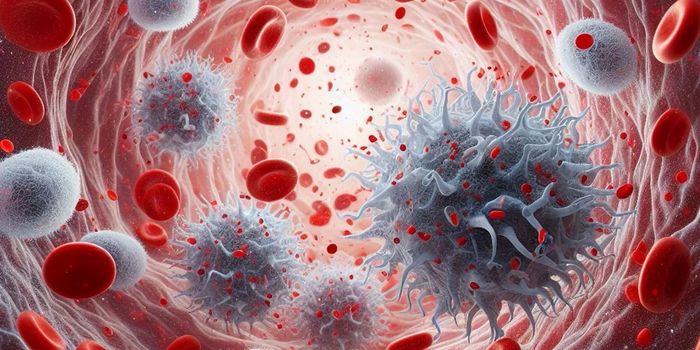Salt Can Cut Off Immune Cells' Energy Supply
The World Health Organization has recommended that individuals consume fewer than five grams of salt daily, which translates to about two grams of sodium. But research has indicated that on average, people in many countries are eating a lot more salt than that. The Global Burden of Disease study estimated in 2017 that excess dietary sodium consumption caused between 1.4 and 5.4 million deaths that year. Restaurant meals and salty condiments like soy sauce and fish sauce are contributing to the problem. Many studies have linked high-salt diets with the world's leading cause of death, cardiovascular disease. New research has shown that salt can also disrupt the metabolism of crucial immune cells referred to as Tregs, which are important players in the innate immune system. The findings, which may open new research avenues in autoimmune and cardiovascular disorders, have been reported in Cell Metabolism.
Previous work by members of this research team has shown that excessive salt intake can impair the metabolism and energy balance in two types of immune cells called monocytes and macrophages, which disrupts their function. The work showed that salt impairs mitochondria in those cells. The discovery led the scientists to investigate the phenomenon in Tregs, which help regulate inflammation, preventing levels from becoming too high. Tregs control autoimmune processes so the immune system can react to threats without harming host tissue.
Tregs are thought to be involved with some autoimmune disease development, and research has shown that mitochondria are dysfunctional in the Tregs of patients with some autoimmune diseases. Salt is also thought to affect the function of Tregs by shifting them to an autoimmune-like state.
In this study, the researchers showed that sodium impairs Treg function by interfering with energy production in the mitochondria, which changes the Tregs' metabolism. The alteration of mitochondrial function appears to affect gene expression, leading to the autoimmune-like state of Tregs.
Various models indicated that changes in mitochondrial function in Tregs, even when they only last a short time, caused long-lasting disruptions in Tregs. Thus, excessive salt intake may be having a negative influence on the immune system that increases the risk of some diseases. More research will be needed to confirm that, however.
"The better understanding of factors and underlying molecular mechanisms contributing to Treg dysfunction in autoimmunity is an important question in the field," noted study co-leader Professor Markus Kleinewietfeld of Hasselt University.
"Since Tregs also play a role in diseases such as cancer or cardiovascular disease, the further exploration of such sodium-elicited effects may offer novel strategies for altering Treg function in different types of diseases. However, future studies are needed to understand the molecular mechanisms in more detail and to clarify their potential relationship to disease."
Sources: Max Delbrück Center for Molecular Medicine, Cell Metabolism









